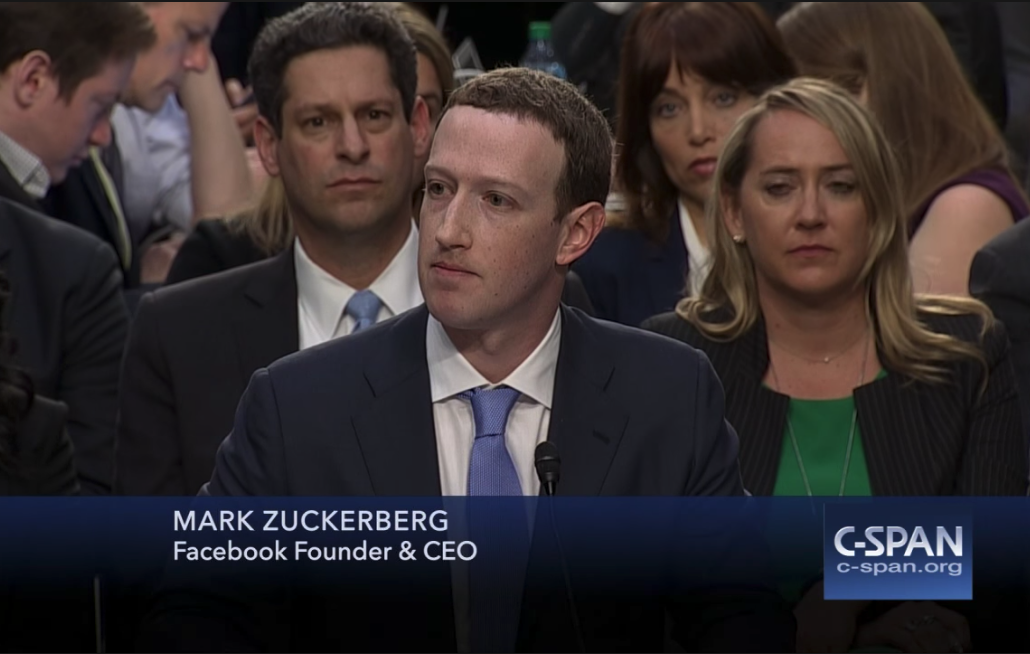

It’s hard to reconcile just how big Facebook really is as a company and what kind of influence it—and its subsidiaries—have across the globe. During an earnings call earlier this year, Facebook claimed that 3.14 billion people use at least one of its core apps every month, up from 2.99 billion in the previous quarter. That’s huge—in fact, a lawsuit filed this week by the Federal Trade Commission and 46 state attorneys general claim that the company is in fact too big, and it got that way through illegal practices.
Reading through FTC legal documents isn’t exactly thrilling content, but here are some of the key points regarding how Facebook’s possible shakeup pertains to us, the picture-posting, comment-leaving masses.
Why is it happening now?
These allegations didn’t pop up out of nowhere. In fact, they’re the result of a years-long investigation by the FTC’s Technology Enforcement Division. Members of Congress briefly mentioned the investigation when Mark Zuckerberg and his other big tech CEO pals testified in front of a Congressional committee earlier this year.
The FTC’s allegations go back even further, claiming that Facebook has been the “dominant personal social network provider in the United States since at least 2011.”
What is Facebook accused of?
The document runs 175 paragraphs over 53 pages, but the overarching theme is as follows: Facebook got absurdly big and used all the money it was making to buy or destroy any company that might try to knock it off of the social media throne. Paragraph five in the document identifies one particular defeat as the turning point for the behavior: “Since toppling early rival Myspace and achieving monopoly power, Facebook has turned to playing defense through anticompetitive means.”
That segment also quotes a 2008 internal email from Zuckerberg that read “it is better to buy than to compete.”
The FTC alleges that that attitude led to Facebook’s billion-dollar acquisition of Instagram in 2012, and the $19 billion takeover of messaging service WhatsApp, which make up the hulk of the complaint.
The third accusation claims Facebook participated in “anticompetitive conditioning” by restricting third-party companies that access Facebook’s API. Those companies weren’t allowed to offer functionality found in the Facebook core apps. The company ended this restriction in 2018, but the complaint suggests the reversal was “driven by anticipated public scrutiny” stemming from documents issued by a member of the UK’s Parliament.
Lastly, the complaint accuses Facebook of using its market leverage to “…deprive users of personal social networking in the United States of the benefits of competition, including increased choice, quality, and innovation.” By buying or deploying identical functionality of small apps before they can reach scale, Facebook can keep its spot on top.
What does the government want?
The big asks involve Facebook giving up its ownership of Instagram and Whatsapp. It doesn’t specifically mention its acquisition of Oculus (which makes VR gear), but it does say that Facebook will need to seek explicit FTC approval when it wants to buy other companies in the future.
Beyond that, the FTC demands that Facebook remove restrictions on third-party companies looking to access the API, and that Facebook file regular reports to the committee on its efforts to act more competitive.
Facebook would take a large hit from Instagram and WhatsApp leaving the party. Zuckerberg’s company has spent considerable energy in the last few years to try and combine features across the apps, especially when it comes to messaging. In fact, Facebook just introduced cross-platform messaging on Instagram at the end of this past September.
How has Facebook responded?
Facebook quickly issued an official response in the form of a press release. In it, the company specifically lists others that it considers to be its competitors: “Apple, Google, Twitter, Snap, Amazon, TikTok and Microsoft.” It points out that the FTC evaluated Facebook’s big acquisitions when they happened and approved them before they could be finalized nearly a decade ago. The statement also acknowledges the current political climate surrounding big tech companies and the role some believe they played in the recent presidential election.
It’s clear Facebook doesn’t intend to roll over on the monopoly issue, but it does support some government intervention when it comes to things like harmful content and privacy. “Those hard challenges are best solved by updating the rules of the internet,” the statement reads.
How long will it take for all of this to play out?
The legal battle has just begun for Facebook, but the company certainly knew this was a possibility for a long time. With 2020 all-but-wrapped, it will be 2021 before things even really get started. Even if Facebook does end up facing some tangible consequences down the road, it will likely be years before they start to go into effect. And even then there will be a grace period to allow for the transitions. These are, after all, billion dollar companies on their own.
In the end, it could result in no real changes at all. The vast majority of the states are onboard with the complaint, but two FTC commissioners voted against it. Support for breaking up big tech companies is also spotty throughout members of Congress. Instagram and WhatsApp may end up staying right where they are for the foreseeable future.
Even if the FTC wins its initial complaint, Facebook will get the chance to appeal. In 2019, the FTC won an anti-monopoly case against smartphone chip maker Qualcomm, only to have it overturned by the Ninth Circuit and then totally killed by a federal appeals court.
So, if you’re worried that Facebook will suddenly vanish, there’s certainly no need to panic. And if you’re thrilled that Facebook may finally get smacked down by the government, it’s best to hold off on those celebrations, too. But, maybe start wasting your time over on TikTok a little more anyway, just to be safe.
